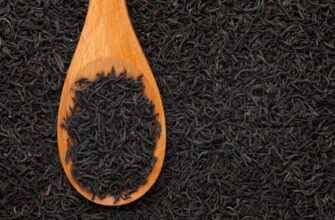Glycine is an amino acid that is often overlooked in discussions about nutrition and health. However, recent research has shown that this little-known amino acid can have a powerful effect on the immune system. In this article, we will explore the benefits of glycine for the immune system and how it works to keep us healthy.
What is Glycine?
Glycine is a non-essential amino acid that is found in many foods, including meat, fish, dairy products, and legumes. It is also produced naturally by the body, although sometimes in insufficient quantities. Glycine is involved in a variety of important processes in the body, including the production of collagen, DNA, and neurotransmitters.
Glycine and the Immune System
Recent studies have shown that glycine can have a powerful effect on the immune system. It has been found to enhance the function of immune cells such as T cells, B cells, and macrophages. It also plays a role in the production of cytokines, which are important for signaling between immune cells.
Glycine and Inflammation
Inflammation is a natural response of the immune system to infection or injury. However, chronic inflammation can lead to a variety of health problems. Glycine has been found to have anti-inflammatory properties, which may help to reduce the risk of chronic diseases such as heart disease, diabetes, and cancer.
Glycine and Sleep
Glycine has also been found to have a calming effect on the brain, which may help to improve sleep quality. Studies have shown that taking glycine before bed can help to improve sleep quality and reduce the time it takes to fall asleep.
Glycine and Wound Healing
Glycine is also involved in the process of wound healing. It helps to stimulate the production of collagen, which is important for the formation of new tissue. Studies have shown that supplementing with glycine can help to improve wound healing in both animals and humans.
Glycine and Mental Health
Glycine has also been found to have a positive effect on mental health. It has been shown to help reduce symptoms of anxiety and depression in both animals and humans. It may also have a protective effect against age-related cognitive decline.
Glycine and Exercise Performance
Glycine has been found to have a positive effect on exercise performance. It has been shown to reduce muscle damage and soreness after exercise, which may help to improve recovery time and allow athletes to train harder and more frequently.
How to Get More Glycine
Glycine is found in many foods, including meat, fish, dairy products, and legumes. It can also be taken as a supplement in powder or capsule form. The recommended daily intake of glycine is around 10 grams per day, although this can vary depending on age, sex, and activity level.
Conclusion
Glycine is a little-known amino acid that can have a powerful effect on the immune system. It has been found to enhance the function of immune cells, reduce inflammation, improve sleep quality, aid in wound healing, improve mental health, and enhance exercise performance. Adding glycine to your diet or taking it as a supplement may be a simple and effective way to boost your immune system and improve your overall health.











